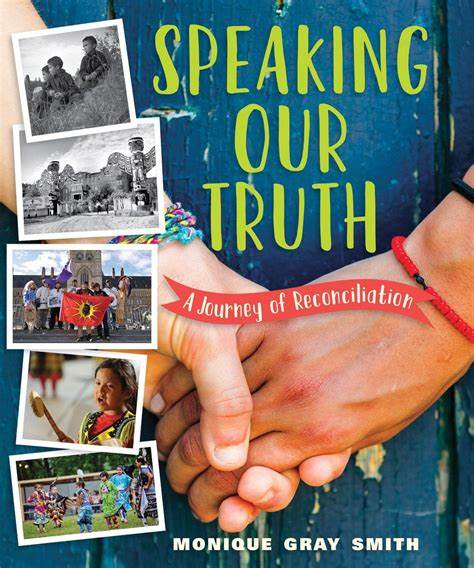Kindness affects everyone. When we are on the receiving end of an act of kindness, we may feel grateful or loved or inspired. And when we perform an act of kindness, well, some say it actually feels better than being on the receiving end. If you’ve been lucky enough to witness an act of kindness, which I hope you have, you also know that witnessing such an act feels good. This is why in many cultures kindness is highly regarded.
When we look at Canada’s history, we see a lack of kindness.
Reciprocity is often defined as “the mutual exchange of privilege,” which can mean different things in different situations. In the context of this book, it is about how we behave in relationship with each other. In reciprocal relationships, everyone benefits and has the same privileges, and people repay what another has provided to them. Reciprocity is like an unwritten rule–we need to treat people the way we want to be treated. Some of you know this as the Golden Rule.
I included reciprocity as one of the traditional teachings in this last chapter because when we look at the history of residential schools, and specifically the courage and generosity of the survivors in telling their stories, it calls on all of us to move forward with the same courage and generosity of spirit.
Near the end of its work, the Truth and Reconciliation Commission (TRC) released a report called What We Have Learned: Principles of Truth and Reconciliation. In it there is a blueprint for reciprocity. This is how we need to live now.
Dr. Marie Wilson and I met in Edmonton, and I had the privilege of visiting with her for over three hours. During that time I asked her numerous questions about her role as a TRC commissioner, mother, grandmother, wife of a residential school survivor, and citizen of Canada. At the end of our visit I had over eight pages of notes, and then I had the difficult task of choosing what to share with you. Here is some of what she said.
“I want to say something to young people, and that is an awful lot of times we frame our society as if young people are the learners and adults have all the answers. I think what the work of the TRC and the story of residential schools tell us is two really important things. One is that adults can make terrible mistakes. Adults can get things very, very wrong. These schools existed because people who had a lot of power and a lot of influence thought it was okay to do this, to remove children from their homes. I haven’t met anyone today that agrees that this was a good thing to have done.
“The other thing is, young people have tremendous things to contribute. They’re really smart, they’re really kind, and they can speak plainly the things that adults sometimes skirt around. I think children and young people can lead the way by telling Canada what they expect of us. By telling elected leaders what they expect of them, by telling teachers what they expect to be taught, by telling their parents how they expect them to talk about other people. So I think children and young people have a tremendous amount to contribute.”
Comprehension Questions
1. What unkind and "very wrong" thing happened in Canada?
A. The rivers were polluted.
B. Immigrants were turned away at the border.
C. Children were taken out of Native People's homes and boarded in residential schools.
A. There should be punishments administered.
B. There should be financial compensation made to the families.
C. That children and young people have a tremendous amount to offer the world because they are smart and kind and they sometimes understand things better than adults.
Your Thoughts
Vocabulary
4. List any vocabulary words below.

